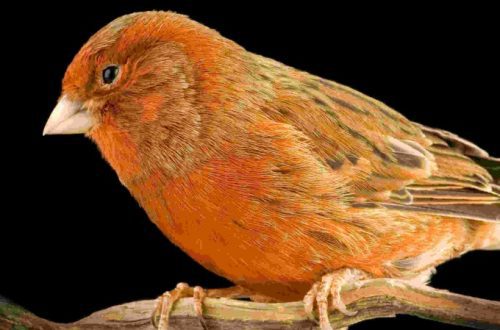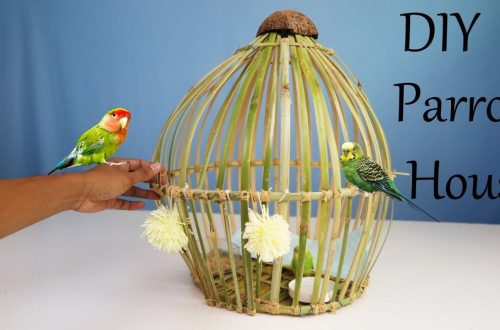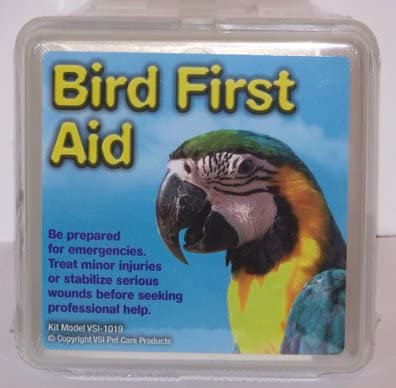
Parrot First Aid (owner’s first aid kit)
Watching our favorite parrot, we get used to its restlessness, eternal jumping, impudent curiosity and loud chirping. When a bird behaves unusually (huffed up, sleeps at an unusual time for it, makes strange sounds or picks at the bottom of the cage) – it is not always worth worrying.
If before the pet’s abnormal behavior something happened to him (hit, fright, gnawed wallpaper or candy wrappers, got drunk from your cup, got confused somewhere, etc.) or just such behavior is very uncharacteristic for him, you need to take Urgent measures. First of all, you should call the ornithologist, describe the condition of the bird and, on the recommendation of a doctor, provide first aid to the parrot, then go to an appointment with a bird or wait for the ornithologist to arrive at your home.
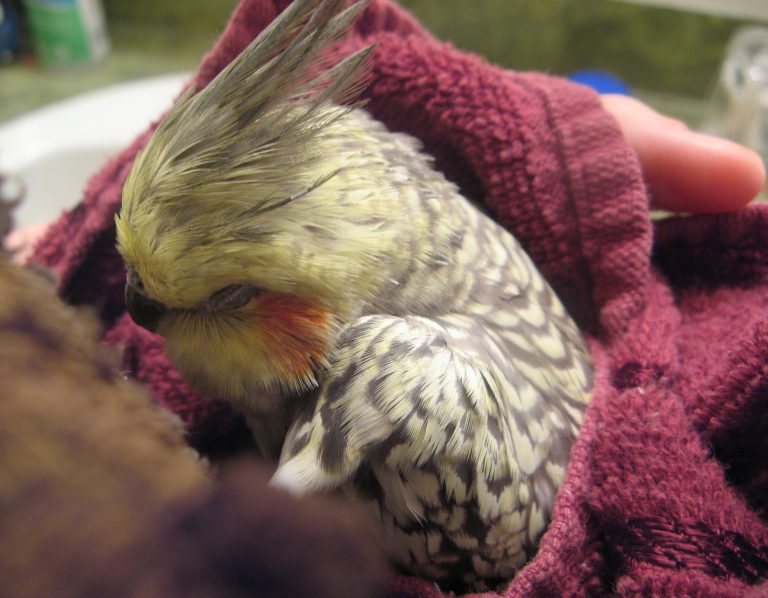
Given that budgerigars are the most popular species among owners, below we have listed the necessary drugs that are most often in demand specifically for budgerigars. But they are also applicable to other types of parrots, the difference is only in the dosage or concentration of drugs.
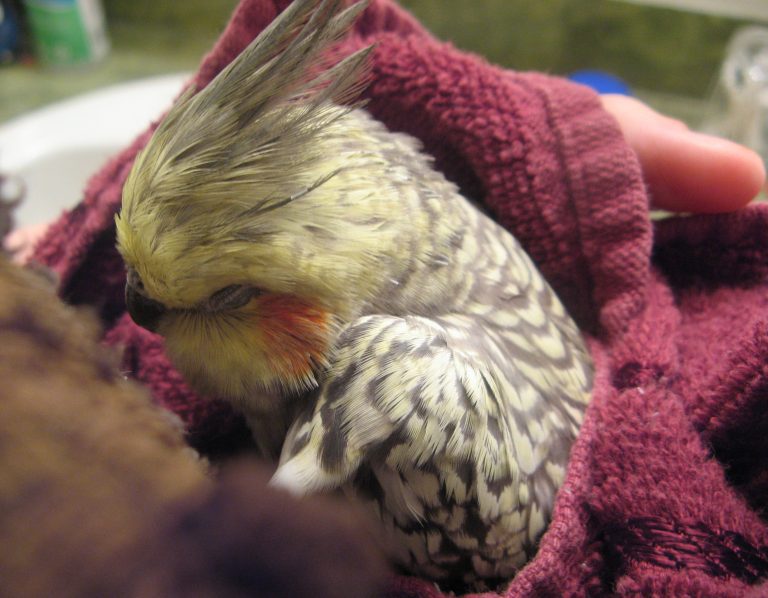
Also, in more exotic species of birds, there are rare diseases, the approach to which and the methods of treatment can be radically different from the usual ones. Therefore, drugs in the treatment of unusual diseases of parrots should be bought after the doctor has established the correct diagnosis and prescribed a specific treatment.
Since we are talking about first aid for a parrot, this group of drugs is quite enough at the first sign of a bird’s malaise. The main thing is to be guided by the advice of an ornithologist.
In order not to have to panic around pharmacies and veterinary pharmacies, you should have a certain group of medicines in your house to provide first aid to your parrot.
So, in the first aid kit of the owner should be the following components:
from a veterinary pharmacy when I diagnosed:
– scabies mite (Aversectin / Novertin ointment);
— probiotic (Vetom 1.1);
— immunomodulator (Maxidine);
– mechanical injury (Trauma-gel);
– antibacterial drug (Ciprovet);
– restorative / antioxidant (Emicidin).
In a regular pharmacy you can purchase:
– sorbent (Activated carbon, Polyphepan, Smecta, Enterodez, Filtrum);
– wound healing (Actovegin-gel, Eplan – solution);
– with gout (Allopurinol);
– antiseptic drug (Betadine, Miramistin);
– tick, constipation (Vaseline oil);
– with calcium deficiency (calcium gluconate);
– hemostatic (3% hydrogen peroxide, Dicinon – ampoules, Etamzilat – solution);
– restoration of the liver (Karsil);
– for problems with the kidneys (lingonberry leaves);
– with convulsions / vitamin B (Milgamma);
— for burns (Panthenol);
– wound treatment (Ringer’s solution, saline, chlorhexidine);
– diarrhea (chamomile);
— trauma (Traumel);
– antibacterial agent (Furacilin);
– poisoning / sorbent (Enterosgel / Atoxil).
In addition to the list of medicines, the first-aid kit should contain cotton pads and syringes. The insulin syringe is a great help in determining the dosage of drugs in the treatment of small species of parrots.
It is forbidden to use iodine, alcohol and brilliant green in the treatment of a parrot!
If we are talking about parasites, the owner should always have plastic perches in stock, which will need to be used during treatment (they are amenable to thermal and medicinal treatments, the possibility of settling lice and various ticks is excluded in them). After treatment, the wooden perches in the cage should be discarded and new ones purchased.
It will not be out of place, the presence in the interior of the owner, a table lamp and an incandescent bulb of 60 watts. In some diseases, the bird should be warmed up by first curtaining part of the cage with a shade cloth.
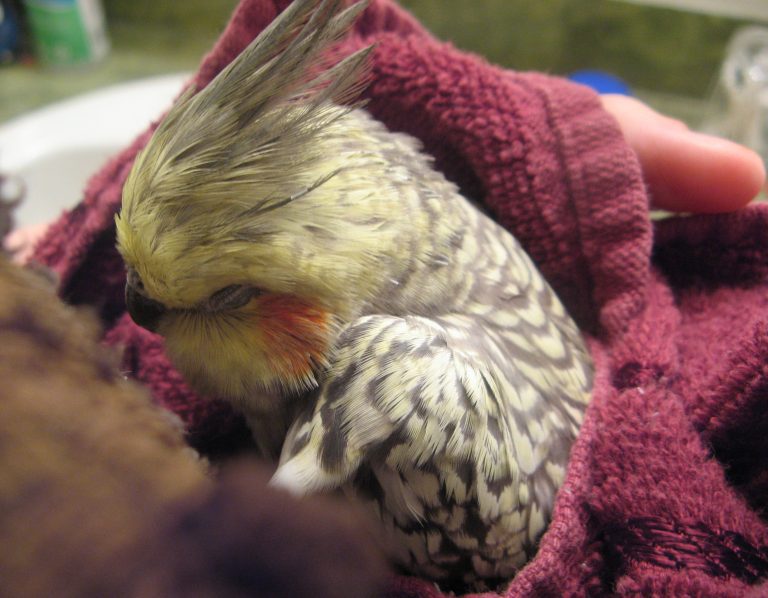
In case of injuries and bleeding, it is strictly forbidden to warm the parrot!
In the case of timely first aid to your parrot, the bird will quickly recover. The main thing – do not self-medicate, the bird’s body is very complex and fragile, the slightest mistake of the owner can lead to fatal consequences.
Contact ornithologists, in extreme cases, consult on the Internet with trusted experts – carefully check the recommendations.
A responsible approach to the treatment of a parrot will immediately bear fruit and soon the bird will once again delight you with chirping and tricks.



